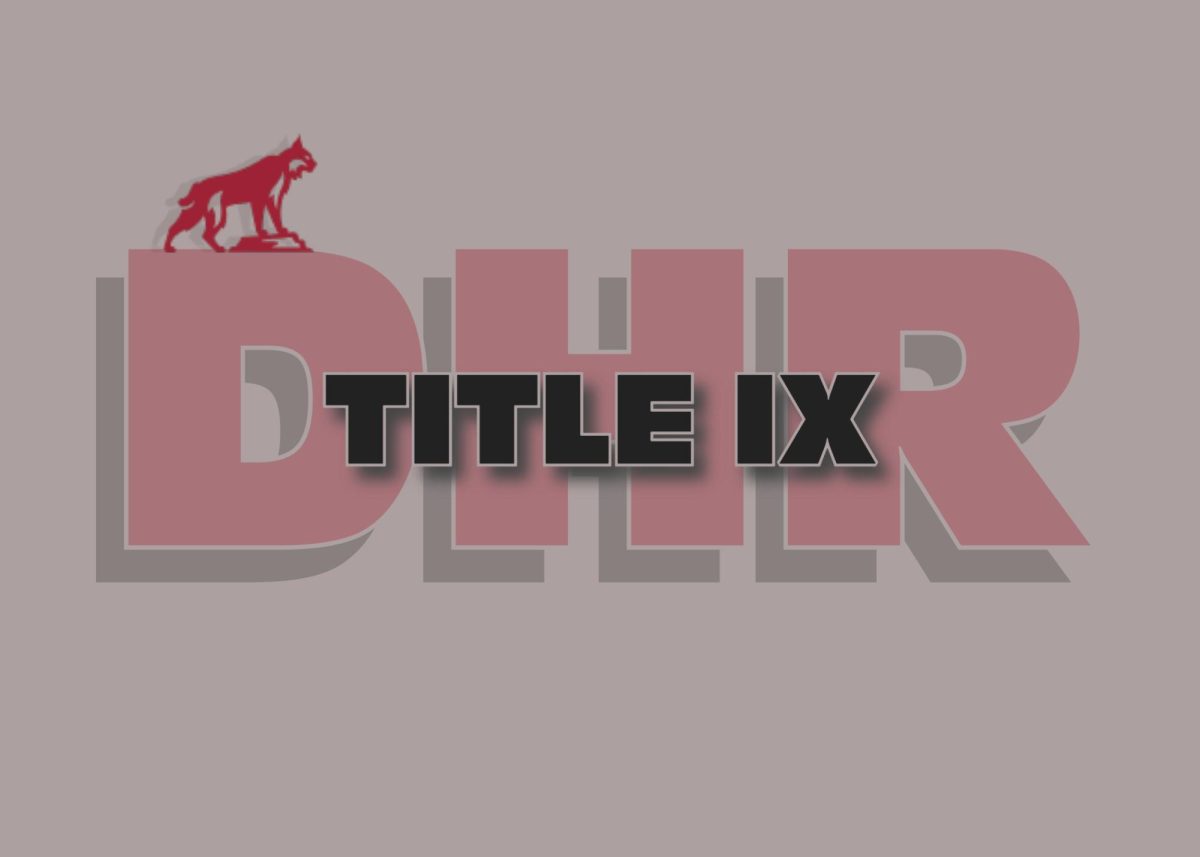Chico State and other California State Universities have formed Title IX implementation teams to make discrimination, harassment and retaliation changes according to issues reported by Cozen O’Connor, a Bay Area law firm, and the California State Auditor.
In May, Cozen O’Connor presented their Title IX and DHR findings of all 23 campuses and the Chancellor’s Office to the CSU Board of Trustees Committee on University and Faculty Personnel. The firm was requested to conduct the investigative analysis by the CSU Board of Trustees in March 2022.
Across all campuses, Cozen O’Connor identified some consistencies, such as distrust.
Among multiple reasons, one trust issue surrounded the responsiveness of Title IX and DHR professionals. Those interviewed expressed concerns regarding retaliation from peers, colleagues and the university, according to the Cozen O’Connor summary report. More information can be found on report pages 17 to 19.
This sense of distrust is something Chico State has struggled with, particularly following the spring 2023 semester safety forum, where students voiced concerns surrounding the university’s faulty notification system in the event of a school shooting or any other threat.
Timely warning notifications were also delayed during a gun-related incident on Wednesday.
Cozen O’Connor also found issues and offered suggestions for Chico State specifically. Some of the law firm’s core concerns involved the university’s Equal Opportunity and Dispute Resolution team.
The team, who’s responsible for providing training and helping the campus community follow DHR policies and laws, was noted as not being proactive when it came to training, prevention and education efforts.
To reverse this, the firm suggested the EODR form a multidisciplinary team centered around creating a more consistent response to separate intake and outtake processes from investigative ones.
The report also said Chico State needed more prevention and education for managers, deans, department chairs, faculty and staff, outside of the university’s routine community training.
Chico State was directed to work with the Chancellor’s Office to figure out how to properly address “other conduct of concern.” Which is defined by the report as conduct that is not considered discrimination or harassment, but still violates other university policies, examples can be found on report page six.
Other notable points and recommendations include not requiring a Chico State ID and login to access the EODR’s July released online reporting form. Which can be accessed through the Office of Academic Personnel’s webpage and Chico State’s portal. More information can be found on report pages 12 to 13.
Chico State faculty and staff were also noted as needing more in-person training surrounding conflict resolution, discrimination, harassment and how to navigate difficult conversations. The Cozen report suggests increasing this type of in-person training for all employees. More information can be found on report pages 33 to 34.
In regard to “other conduct of concern,” the report states Chico State, like other universities, “has struggled with a response mechanism for addressing issues relating to civility, bullying, and speech.”
On-campus feedback said “other conduct of concern” was not consistently assessed and “contributed to a perception that there was a lack of accountability with respect to unprofessional behaviors.”
Other feedback brought up the issue of classroom conduct. The Cozen report stated the perception was “nobody wants to address the bad behavior,” and people feel like they “need EODR’s permission to engage with the [other] person.”
The OAPL was stated as not being properly equipped to address employment relations issues. More information can be found on report pages 36 to 38.
Those interviewed by the firm also expressed an interest in having a Chico State-specific anonymous reporting form. More information can be found on report page 37.
Chico State’s implementation team, co-chaired by Gloria Godinez and Seema Sehrawat, has met with Cozen O’Connor and the Chancellor’s Office to lay out how to move forward regarding the Title IX and DHR suggestions, according to Andrew Staples, Chico State’s public relations manager.
Staples estimates that the recommendations will be fully implemented in around two to three years. So far, the team has created a webpage and is forming a communications plan to keep the campus community up-to-date on their progress.
The CSU Joint Legislative Audit Committee also requested the California State Auditor, Grant Parks, to analyze and release a report on CSU Fresno, Sonoma State University, San José State University and the Chancellor’s Office following allegations surrounding CSU employees.
The report suggests the Chancellor’s Office conduct reviews to assess each university’s ability to follow Title IX policies and develop a consistent case management system, among others.
The CSU system plans to conduct regular reviews, as well as develop and distribute guidance surrounding tracking data, according to Hazel Kelly, the CSU system’s strategic communications and public affairs manager.
A fast facts sheet on the audit can be found here.
In a July statement, Chico State President Steve Perez said:
“I welcome the findings of both of these reports. They serve as a roadmap for Chico State to take steps to prevent and respond to discrimination and harassment on our campuses through prevention and education programs, adequate resources for students and employees, and individual and community remedies designed to promote accountability in the context of an equitable process.”
The full Chico State Cozen O’Connor report can be found here. The reports for all 23 campuses and the Chancellor’s Office can be found here.
Ariana Powell can be reached at orionmanagingeditor@gmail.com.








